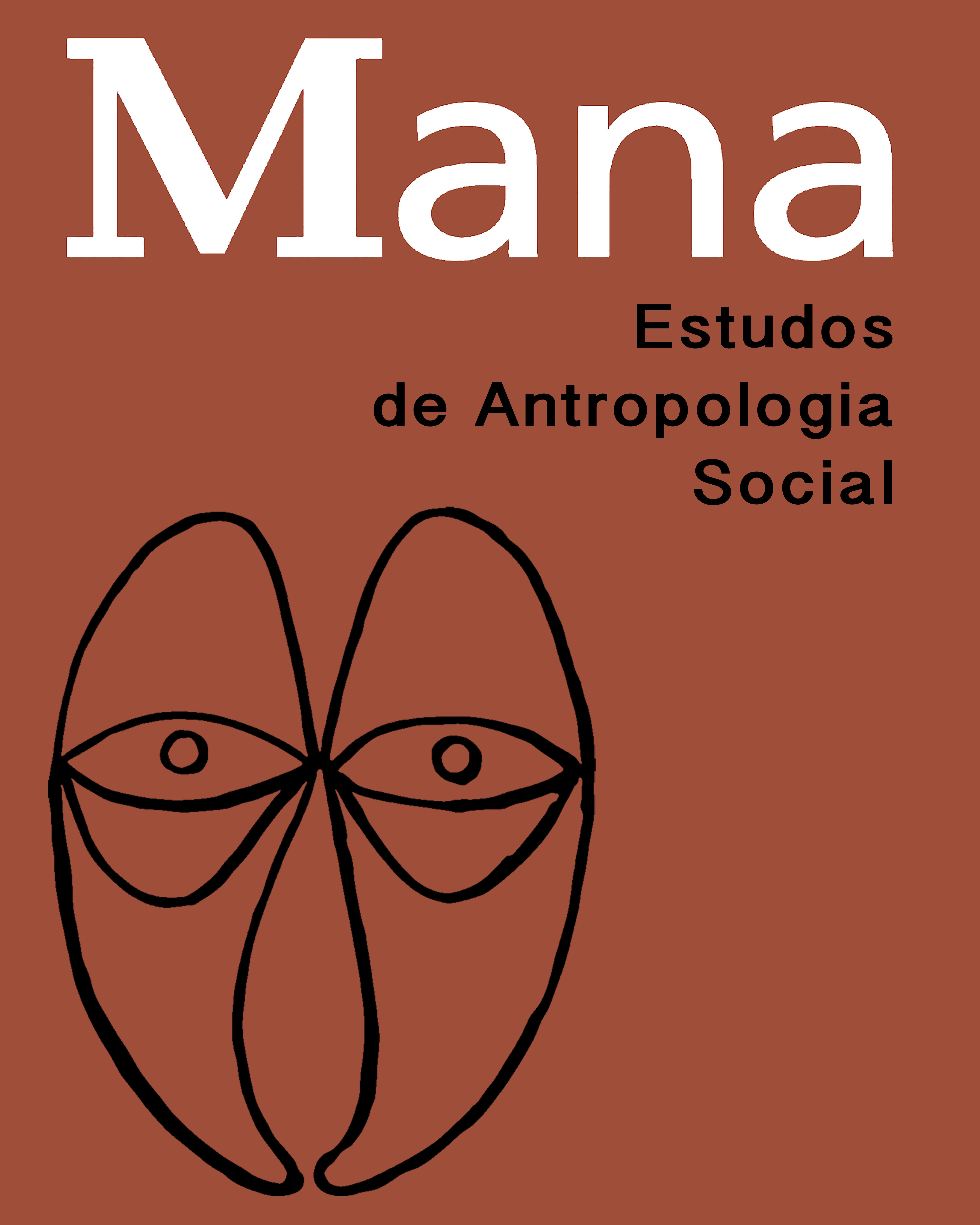Abstract
The article discusses the ethical condition of dogs in the sertão (hinterlands) of Ceará by taking as its subject matter their attacks on flocks of sheep. As a consequence of these events dogs are generally put to death. The events thus put in doubt the innocence previously assigned to these animals and, in so doing, they produce a kind of moral short-circuit on sertanejo conceptions of christians (humans) and brutes (beasts). Not only does herding (pastoreio) and government (governo) shine a light on human obligations to take care of the animals they breed and assume responsibility for their actions, they also stress that, from the sertanejos’s perspective, animals like dogs are capable of ethical reasoning and acting. Far from being conceived as beings with mere ethical significance to humans, dogs are ordinarily perceived as ethical subjects themselves. This paper therefore reflects upon the specificity of that ethical condition in dialogue with the human one and argues that they are interwoven.
Key words:
Human-Animal Relations; Dogs; Ethics; Herding; Rural Anthropology
